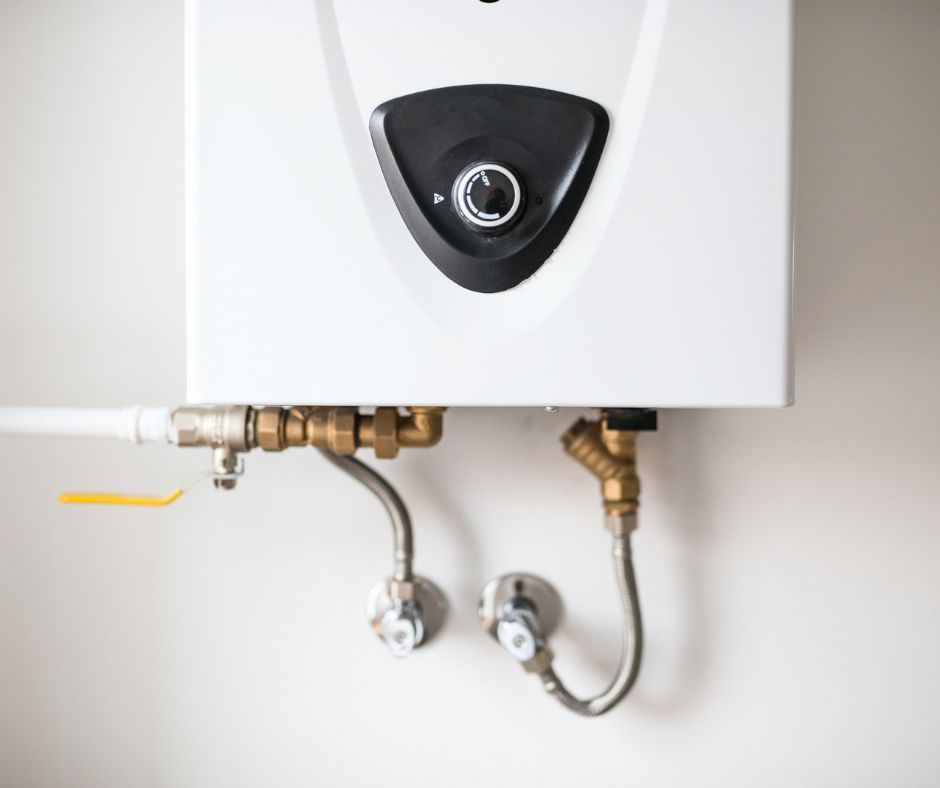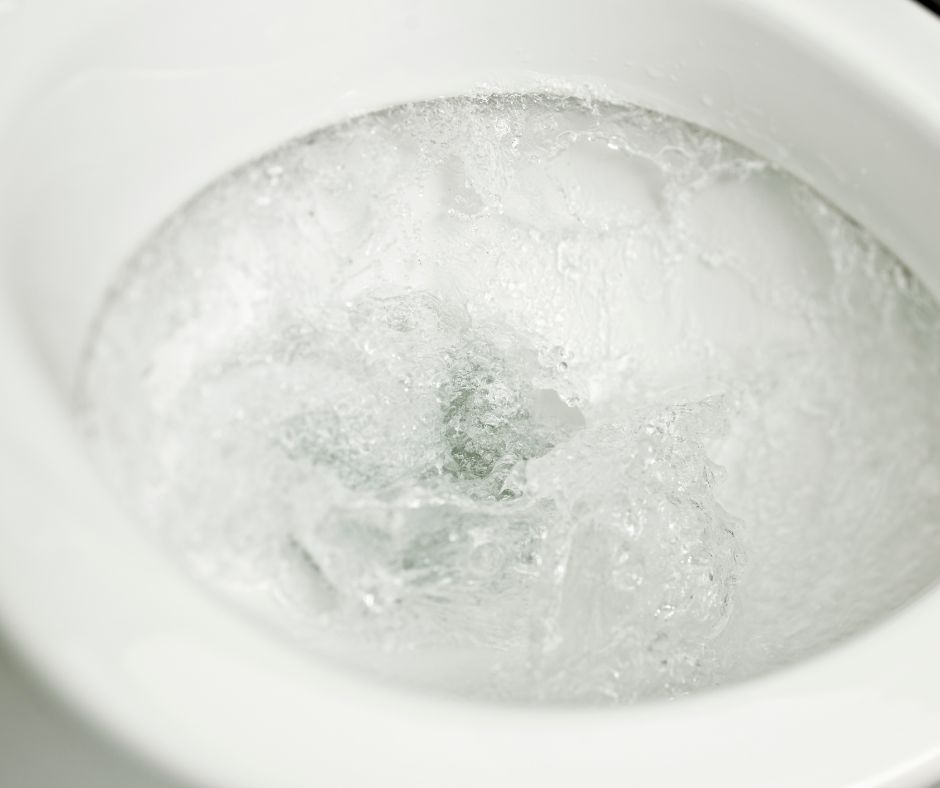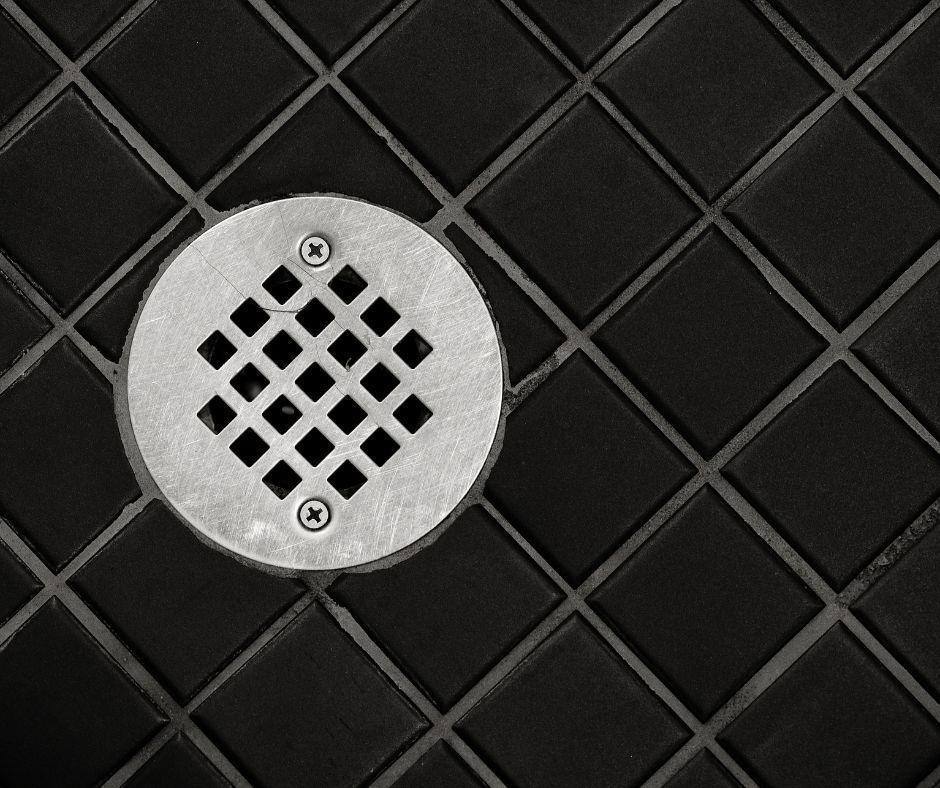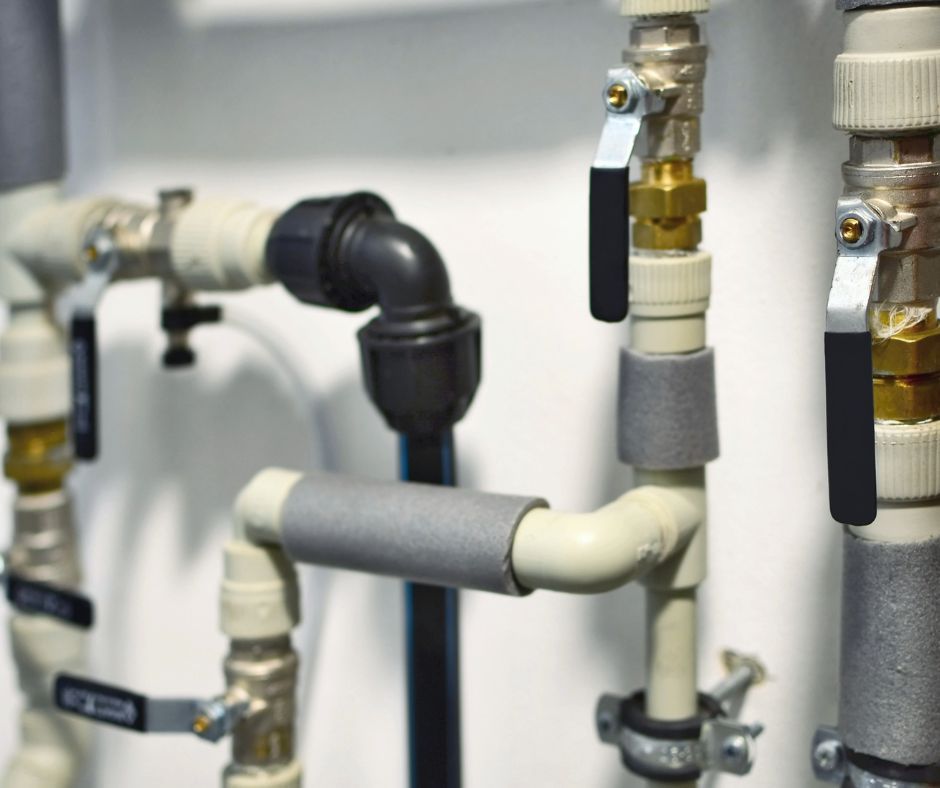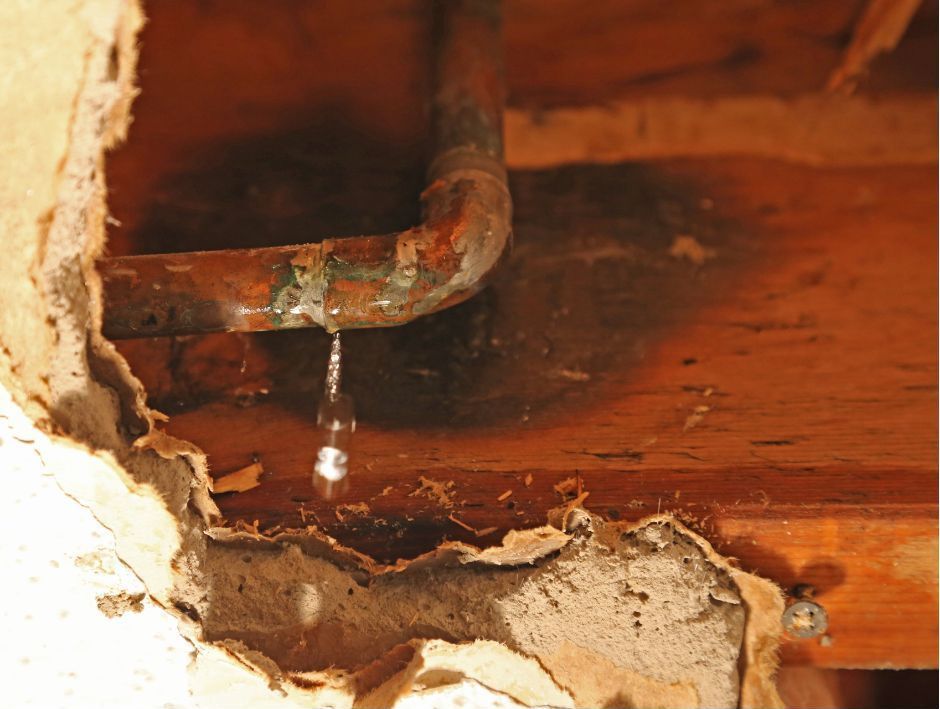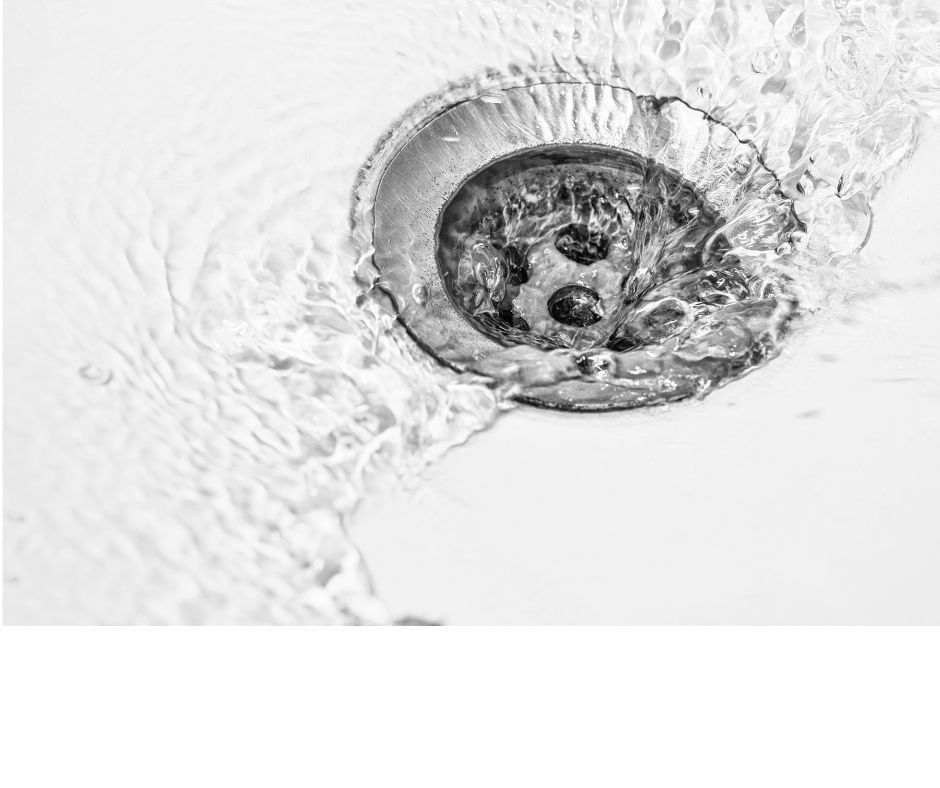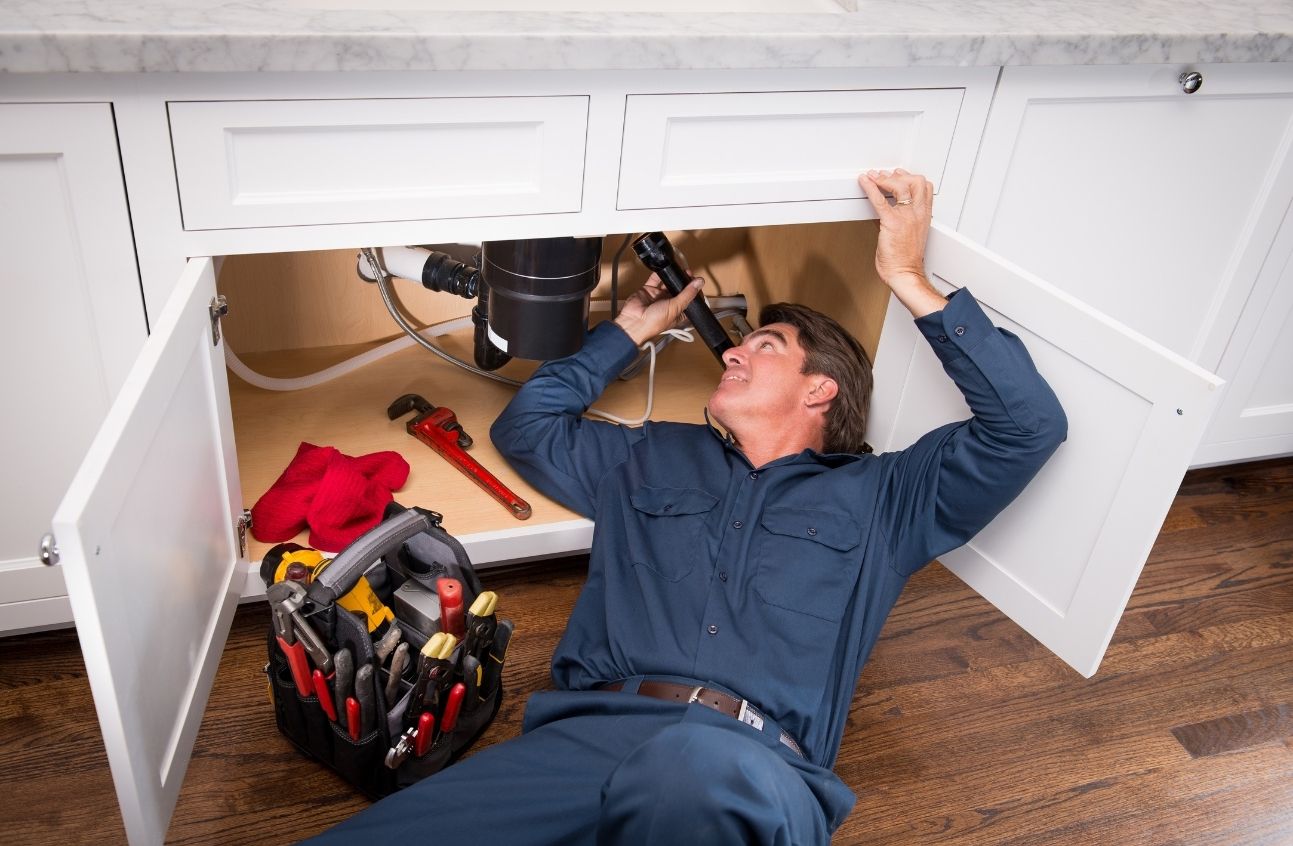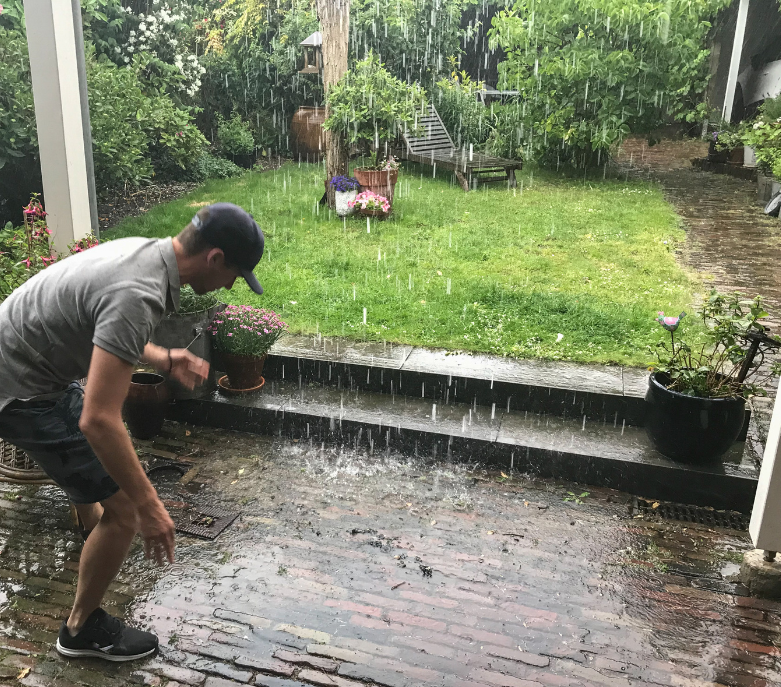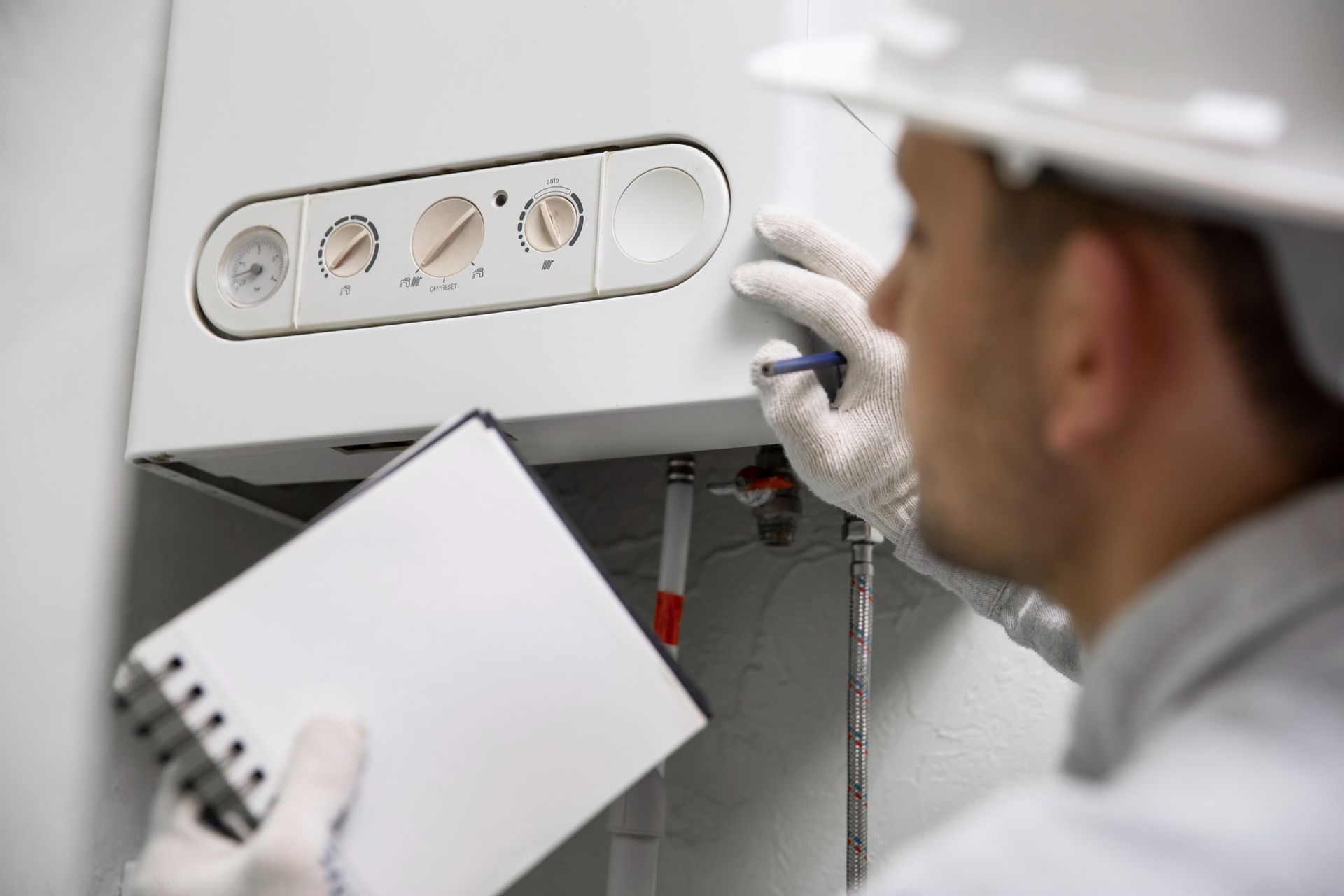Blocked Sink Causes: Common Reasons and Easy Fixes
We all know the nuisance of trying to rinse off the dishes only to find the sink filling up with murky water instead because the drain is not working. This frustrating scenario is a common occurrence in many households, often turning a simple chore into a time-consuming and unpleasant task.
Blocked sink drains are a frequent issue that disrupts daily routines and requires immediate attention to prevent further complications. But what causes blocked sinks? Let’s unveil the common reasons and learn easy fixes throughout this article.
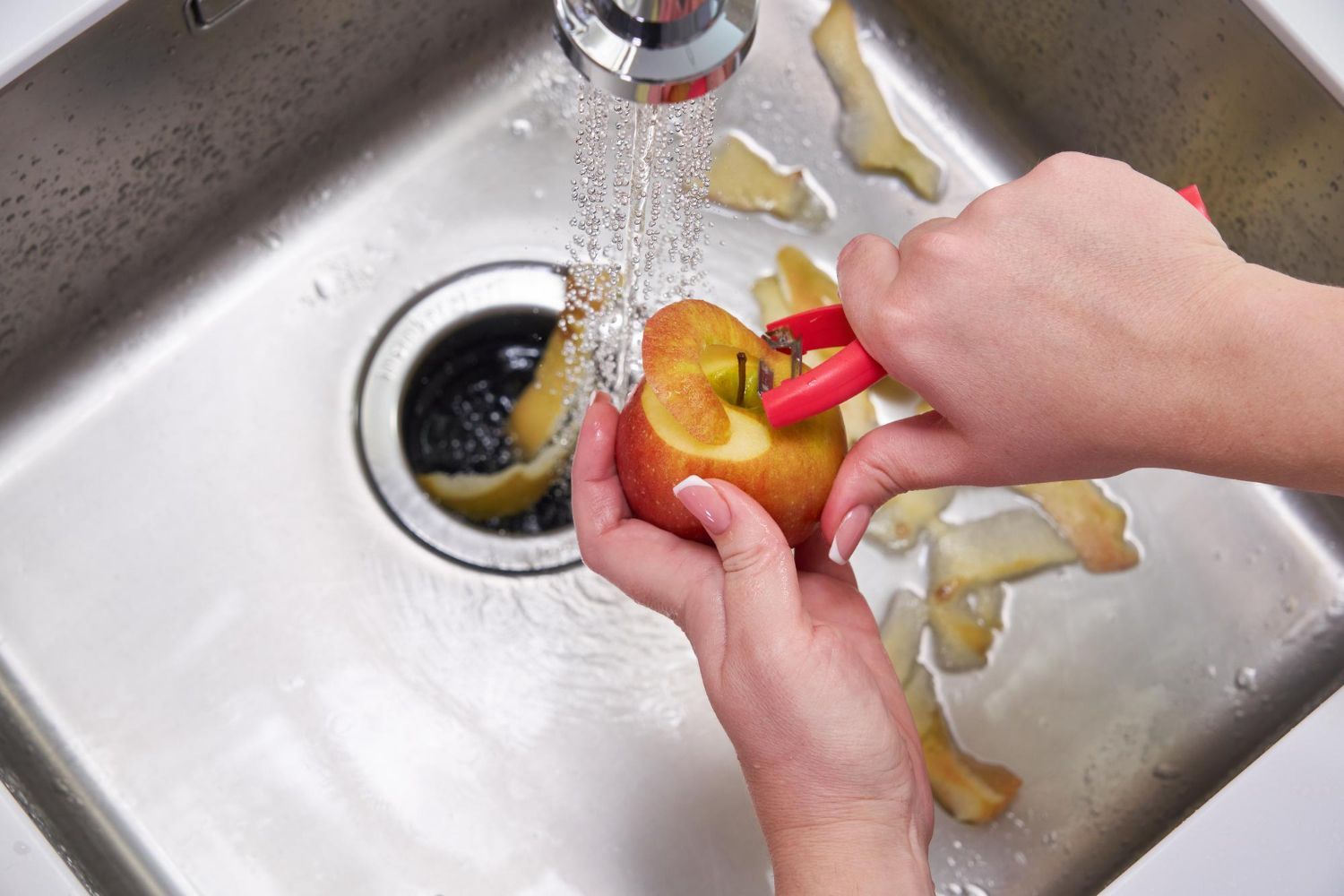
What Causes Blocked Sinks?
Here are the common blocked sink causes that can help you prevent and address blockages promptly.
Food Scraps
Food scraps are one of the main causes of blocked sinks. When washing dishes, small bits of food can accumulate in the drain and can create a dense blockage over time. Sink drains also suffer if large or fibrous food items aren't properly broken down.
Grease Buildup
Grease and fat poured down the sink can create major blockages. As it cools, grease solidifies and adheres to pipe walls which narrows the passage for water flow. This buildup traps other debris, like food particles, worsening the clog over time.
Soap Scum
Soap may seem harmless, but it can contribute to blocked sinks as well. Soap scum forms when the fats in soap combine with the minerals in water which cling to the sides of pipes and gradually builds up, especially if you use hard water.
Foreign Objects
Foreign objects dropped into the sink can cause blockages too. Items like jewellery, toys, toothpaste caps, or kitchen utensils can get stuck in the pipes, blocking water flow. Sometimes, they combine with other debris like hair and soap scum which worsens the blockage.
Structural Issues
Structural issues are also one of the blocked sink causes. Broken, misaligned, or collapsed pipes can also impede water flow and cause frequent blockages. These issues often require professional inspection and repair.
How to Fix a Blocked Sink
Fixing a blocked sink can often be a DIY project, but there are limitations to what you can do yourself. For minor causes of blocked sinks, simple home remedies can be effective. However, persistent or severe blockages, multiple slow drains, and signs of structural issues require professional assistance. Here's a guide to addressing blocked sinks:
DIY Fixes for Simple Blocked Sink Issues
1. Using a Plunger
A plunger is a handy tool for clearing minor sink blockages. To use it effectively:
- Ensure there's enough water in the sink to cover the plunger's suction cup.
- Place the plunger over the drain and create a tight seal.
- Push and pull the plunger rapidly to create suction and dislodge the blockage.
- Repeat until the water starts to drain normally.
2. Baking Soda and Vinegar
This natural solution works well for minor blockages:
- Pour a pot of boiling water down the drain to start.
- Pour in a cup of baking soda and let it sit for a few minutes.
- Pour a mixture of one cup of vinegar and one cup of hot water down the drain.
- Cover the drain with a plug to keep the reaction below the surface.
- Wait 5-10 minutes, then flush with boiling water again.
When to Call a Professional
Persistent or Severe Blockages
If the sink remains blocked after trying DIY methods, it indicates a more serious problem that needs professional tools and expertise.
Multiple Slow Drains
Slow drainage in multiple fixtures suggests a broader issue within the plumbing system, possibly a mainline blockage.
Signs of Structural Issues
Indications like water backing up in unexpected places, frequent blockages, or visible damage to pipes suggest structural problems. A professional plumber can accurately diagnose and fix these issues.
Can Blocked Sink Causes Be Prevented?
Preventing blocked sink drains is much easier than dealing with the aftermath of a clog. Explore some of these effective preventive measures for healthier sink drains:
Frequent Cleaning
For routine maintenance, rinse your sink with hot water after each use, and once a week, use a mixture of baking soda and vinegar followed by hot water to break down any potential buildup.
Proper Disposal Practices
To prevent blockages, avoid putting food scraps, grease, or fat down the drain. Use a sink strainer for food particles, dispose of grease and fat once solidified, and avoid putting hard-to-dissolve substances like coffee grounds, vegetables, or eggshells down the sink.
Regular Maintenance
It is an advantage to know the signs of a blocked drain. Conduct regular checks on your drains to address any potential issues promptly. Additionally, use natural drain cleaners monthly to keep pipes clear without causing damage or corrosion.
Professional Inspections
Schedule annual plumbing check-ups with a
professional local plumber to catch potential issues before they escalate. They have the expertise and the tools to perform a thorough check of your plumbing system, ensuring that pipes are intact, properly aligned, and free from developing blockages.
Putting an End to the Causes of Blocked Sinks with Down to Earth Plumbing Maintenance
Blocked sink drains are a common hassle for every household. What causes blocked sinks is often brought on by food scraps, grease buildup, soap scum, foreign objects, or structural issues. Simple DIY fixes like using a plunger or a baking soda and vinegar mixture can often help with minor blockages. However, professional intervention is always recommended to ensure efficient and safe solutions.
When facing persistent clogs or serious drain issues, seek professional help from Down to Earth Plumbing Maintenance. We specialise in providing efficient solutions, addressing not only blocked drains but also catering to real estate plumbing services and your hot water needs!
Don’t let a blocked sink disrupt your day—reach out to us for expert and reliable plumbing services!

Recent Posts


